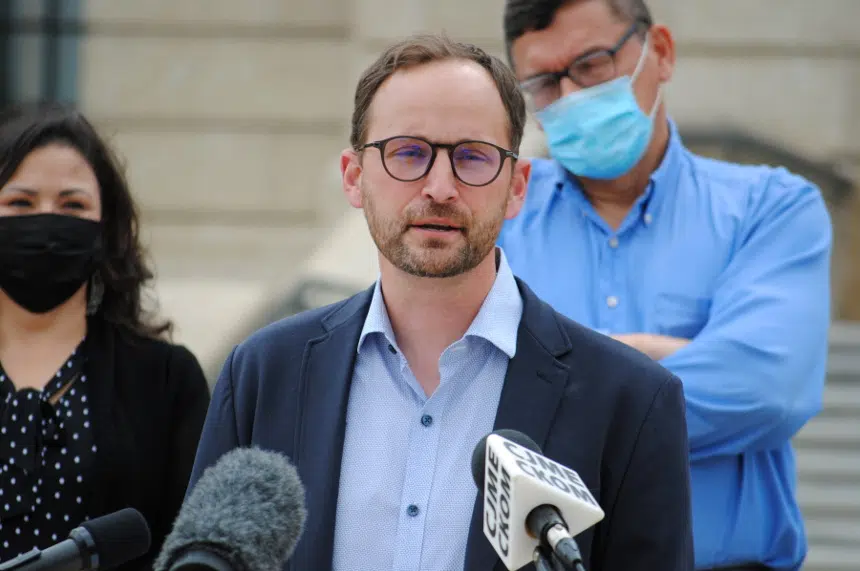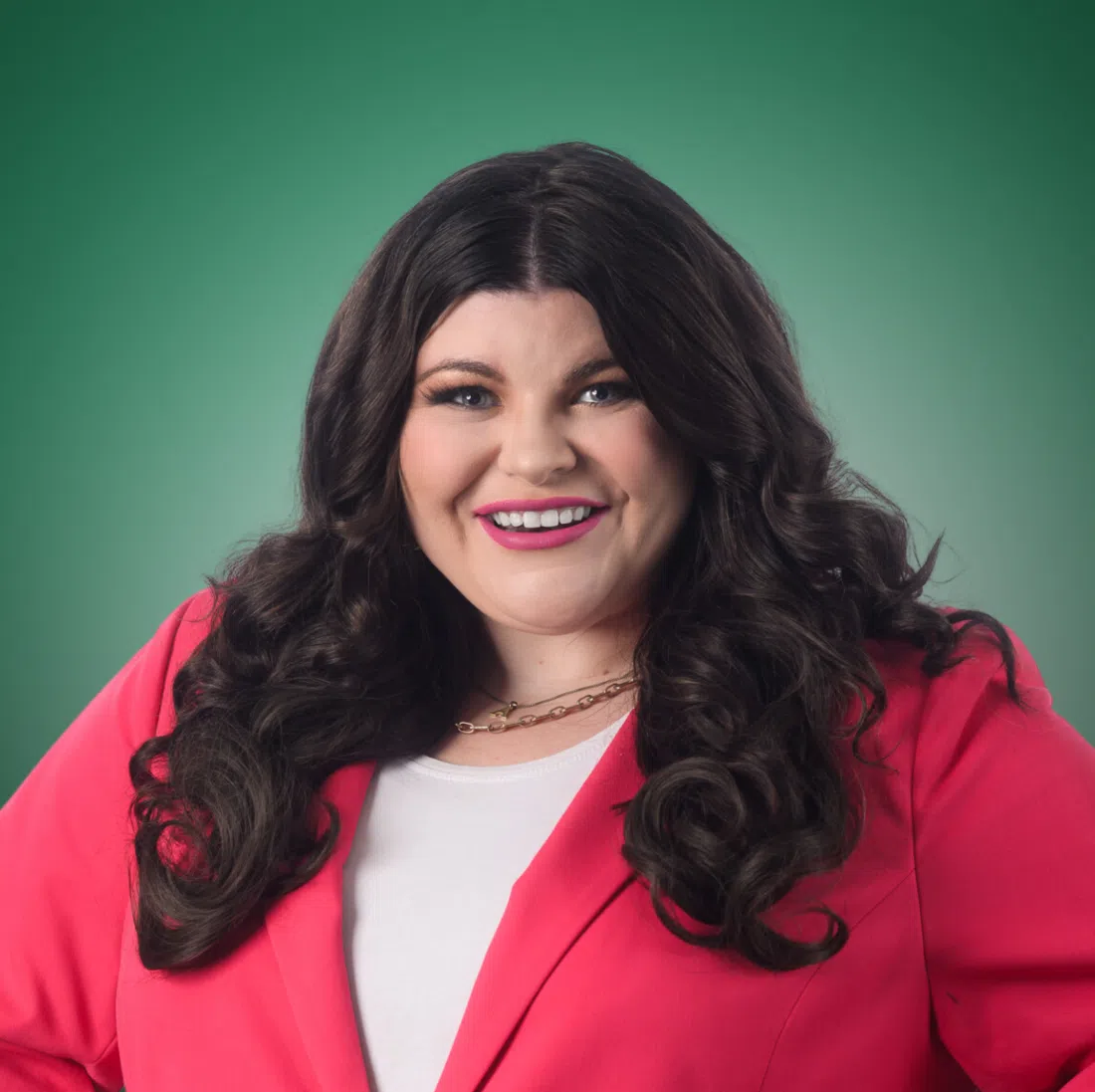The revelations from a residential school in Kamloops, B.C., last week have the harm caused by residential schools fresh in many people’s minds now, and some are taking the opportunity to call for an apology from the provincial government.
Two residential schools in Saskatchewan — one in Timber Bay and one in Ile-a-la-Crosse — weren’t included in the Indian Residential School Settlement. They were funded and run by the federal and provincial governments.
Some northern leaders have been calling for an acknowledgment of the schools and an apology from Premier Scott Moe for the provincial government’s part, as well as compensation for the survivors. Now the Opposition NDP is joining that call.
Betty Nippi-Albright is the NDP’s First Nations and Metis relations critic and is a residential school survivor. She said it’s long past time that government take responsibility.
“The legacy of residential schools lives with us to this day. Only by acknowledging and confronting the wrong that was done to Indigenous people and communities can we work to real truth and reconciliation,” said Nippi-Albright.
She wasn’t terribly optimistic about the prospect of that happening, though.
“I expect Moe to pass the buck again to the federal government,” said Nippi-Albright.
Buckley Belanger is the NDP’s MLA for Athabasca and a residential school survivor. He said the NDP is also calling for the government to release its documents about the school which, he said, the province has only agreed to release if it can’t be used in court.
Belanger put a challenge to Moe.
“We need you to release that information so we can have a thorough investigation of how many kids were impacted. In Ile-a-la-Crosse alone there were hundreds of kids,” said Belanger.
He said the NDP is asking Moe to own up to the government’s part in the schools so people can move on and begin healing.
Belanger said Indigenous communities don’t necessarily trust Moe and the provincial government. He pointed to an event in the legislative building when Moe jigged with ’60s Scoop survivors but after that, Belanger said, the survivors got nothing.
In addition to the apology and compensation, the NDP is also calling on the premier to put pressure on the federal government to make sure the Timber Bay residential school is included in the Indian Residential School Settlement process.
NDP Leader Ryan Meili has sent a letter to the premier asking for those things. Speaking Wednesday, Meili said Moe had a lot to say about residential schools last week.
“It is one thing to stand up and show remorse and regret. It is one thing to talk about how badly things were done in residential schools — and we all agree on the horrible atrocities that were there — (but) it is quite another to do more than point fingers elsewhere and take responsibility yourself,” said Meili.
Meili alluded to the fact the NDP was in power for many of the years the schools were in operation. He would be willing to make an apology as part of this process.
“The operation of these two residential schools in Saskatchewan was a dark chapter in the history of our province, a chapter that occurred under the watch of successive governments of different political stripes,” said Meili.
“We cannot change that past, but as leaders today we’re responsible for acknowledging the history, admitting fault, accepting responsibility, and moving forward in the spirit of truth and reconciliation.”
In response, a provincial government spokesperson said there are cases in court that were started in the 2000s against the provincial and federal governments over both schools.
The email also noted the Supreme Court of Canada decided not to hear the case over Timber Bay’s status as an official residential school. Efforts are being made to get the federal government to reconsider its decision over the school, but the province’s statement said it hasn’t been contacted by the Lac La Ronge Indian Band or Prince Albert Grand Council for its support.
The email said that, given “the legal status of these files,” the premier would not be making an apology and no further comment would be given from the government.
The statement said the government has been making progress on the calls to action that came out of the Truth and Reconciliation Commission, claiming that progress includes 28 of 34 calls under provincial jurisdiction and 15 which weren’t.











